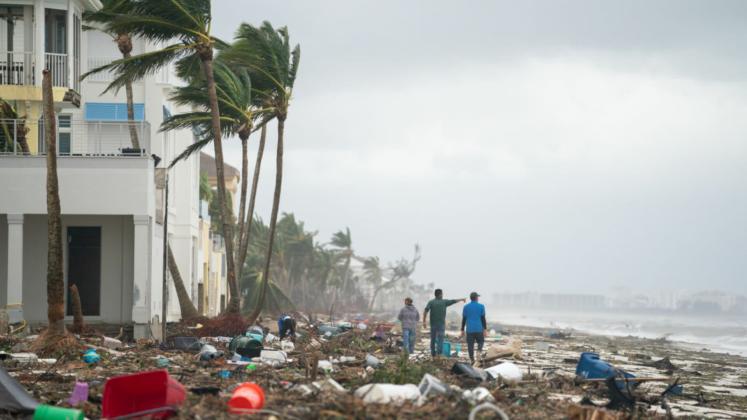Submitted by the Florida Association of Public Insurance Adjusters
There’s no doubt that Osceola County residents will be filing insurance claims due to wind and flooding damage from Hurricane Ian. The Florida Association of Public Insurance Adjusters say it’s essential that those affected do not hesitate to document and file the insurance claims they need.
Floridians also need to be on guard, as there are bad actors out there looking to scam homeowners in their time of need. Here are seven insurance claim and safe recovery tips the FAPIA recommends:
Only work with state-licensed professionals: It’s an unfortunate reality that scam artists prey upon consumers in their time of need. Whether you’re hiring a contractor to make repairs or a public insurance adjuster to help you understand and submit your insurance claim, make sure they are licensed to conduct business in Florida (go to www.beclaimsmart.com for easy verification). Only public adjusters and lawyers are authorized by the law to negotiate a claim with your insurance company. Anyone else who offers to do so is committing a felony.
Check permits: If the correct permits aren’t being pulled for the property repair of your home or business, then the job isn’t going to get done, or done well. Be vocal and ask your contractor about required local permits, and ask for confirmation of their filing. Additionally, local building departments may hold you liable for redoing the work when they learn that required permits were not pulled.
Don’t pay cash: Credit cards, checks and debit cards are much safer forms of payment, and more easily tracked. Ask for a receipt if you are not given one – you’ll need this for your insurance claim.
Be wary of “Assignment of Benefits” language: Signing over Assignment of Benefits (AOB) is a big deal, as it authorizes the receiving party to manage every aspect of your insurance claim, including the collection of your payout and filing a lawsuit for your claim.
Don’t wait too long to file: Florida requires that all hurricane damage claims be filed within two years of the date of loss. As a result, it is important to have a professional inspect your home for damages and file a claim on a timely basis. Supplemental claims are limited to three years from the date of loss.
Prevent further damage as best you can: Failing to mitigate additional damage to your property could result in your claim being denied. Provided it is safe to do so and the issue is manageable, work with a professional to take care of anything that could become a bigger problem, such as tarping a damaged roof.
Watch out for scam artists: Florida’s insurance market and policyholders have been hurt by fraud and scams. Don’t be a victim. If you see contractors, roofers or anyone who is not a licensed public insurance adjuster or an attorney offering to handle your claim, they may be engaging in criminal activity. Contractors and roofers are not insurance professionals. Unfortunately, there are some who would use the “handling of your claim” as a sales tactic. Don’t fall for it. They are neither licensed nor trained to represent your insurance claim interests.




